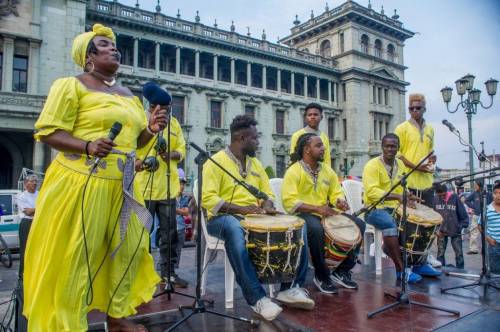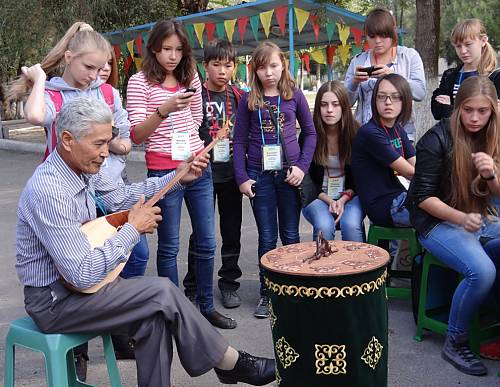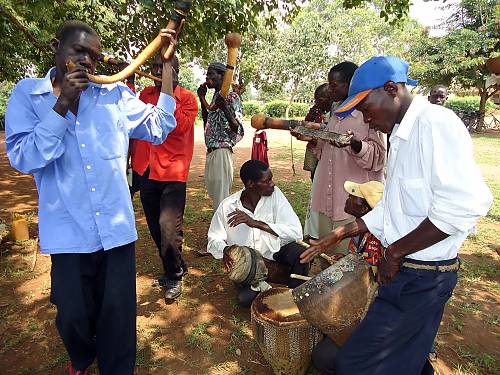Côte d’Ivoire is being supported with a grant of US$299,972 by the Intangible Cultural Heritage Fund on an emergency basis to conduct inventory work contributing to peacebuilding and stabilisation efforts following a 10-year political and military crisis. The project aims to draw up the inventory of the intangible cultural heritage present in Côte d’Ivoire with a view to its urgent safeguarding and valorisation as one of the major lines of action for the consolidation of peace and lasting stabilisation in the country under the National Programme for Social Cohesion. The inventory will allow the initiation of a national strategy of safeguarding of the intangible cultural heritage that aims to create a synergy between the different stakeholders, to assess the viability of the intangible cultural heritage, to undertake advocacy, awareness-raising, valorisation and promotional actions around this heritage, and capacity building for its safeguarding.
Vanuatu also benefits from emergency assistance in the amount of US$23,908 after last year’s Cyclone Pam. It will safeguard the intangible cultural heritage specifically linked to the knowledge and skills for building traditional meeting places (nakamals). These structures, recently damaged by Cyclone Pam, are refuges during cyclones. The structure poles of nakamals strongly embedded in the floor, with very low walls and roof, are well adapted to hurricanes. The project will document both the tangible and intangible aspects of each nakamal, which will be represented through a written and visual medium, with the objective to compile a set of best safeguarding practices that will encourage the revitalisation of building skills related to the indigenous architecture in the region.
Funding for Gabon amounting to US$24,560 is granted to promote and safeguard the living heritage of Pygmy populations. The project will allow for the development of an inventory methodology adapted to the cultural context of the Pygmy communities, the identification of elements of these communities and those requiring urgent safeguarding, and the development of a national action plan for their safeguard.
Uganda will receive US$24,990 to safeguard the Bigwala gourd trumpet music and dance of Busoga Kingdom, inscribed on the List of Intangible Cultural Heritage in Need of Urgent Safeguarding in 2012. The project aims at ensuring the viability of Bigwala music and dance by creating the environment favourable for its continuation. Training workshops, a Bigwala festival as well as activities related to documentation and information sharing will be organized. Skills to perform Bigwala and to produce the instruments associated with the practice should be increased after the project. The festival and the documented information with audio-visual recordings is also expected to contribute to raising awareness of the importance of safeguarding intangible cultural heritage among the public at large.
The Intangible Cultural Heritage Fund receives about US$2 million annually to support activities requested by States Parties in need of international assistance. It includes compulsory and voluntary contributions from the States Parties, as well as from private donations.
24 August 2015




